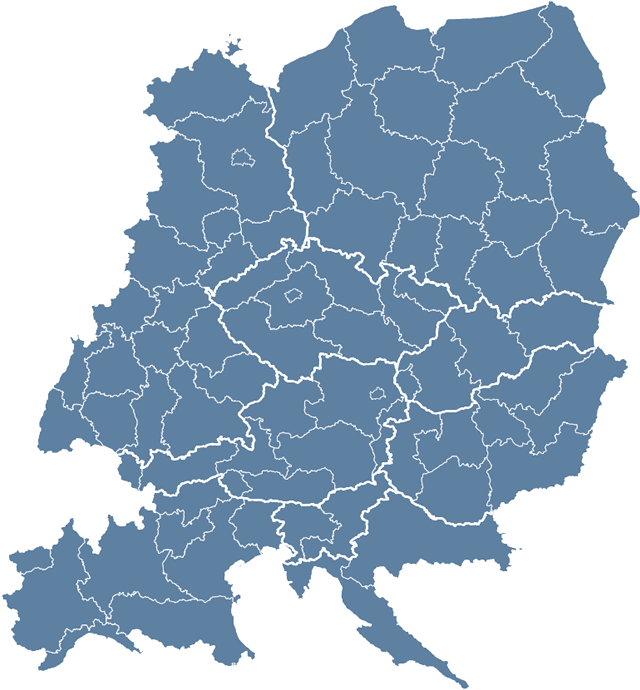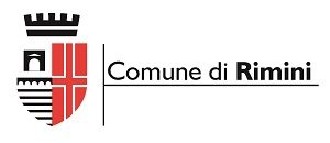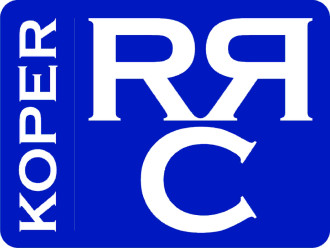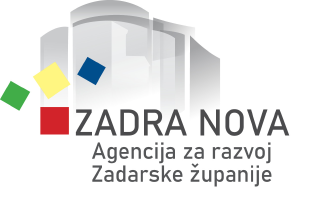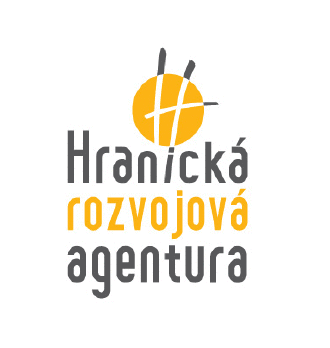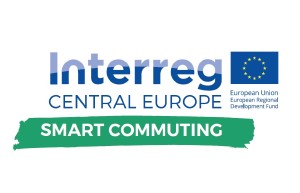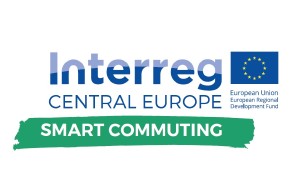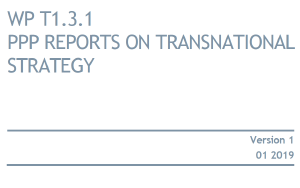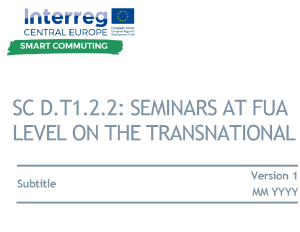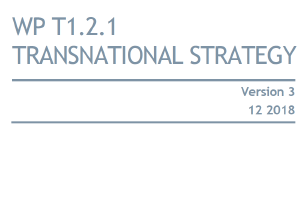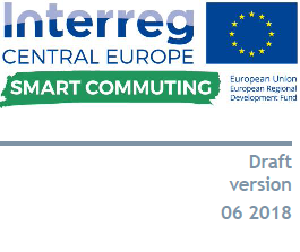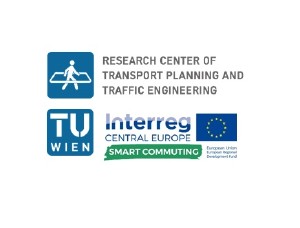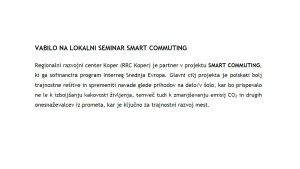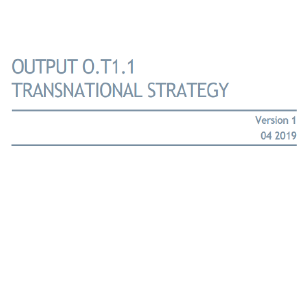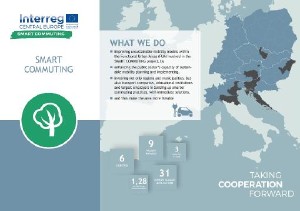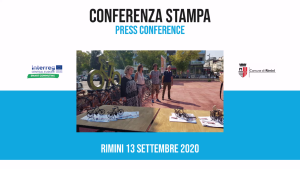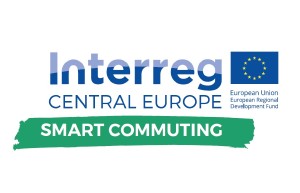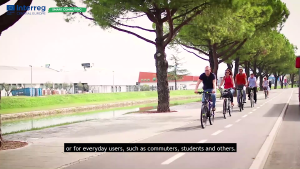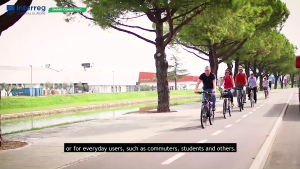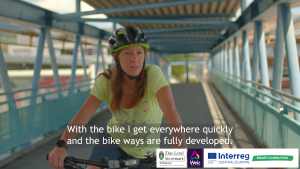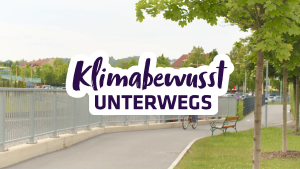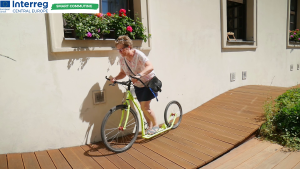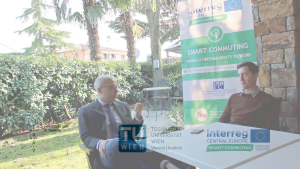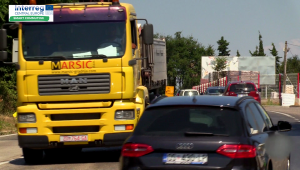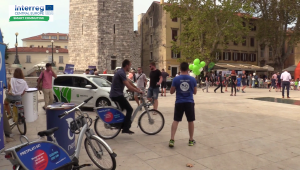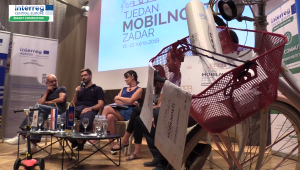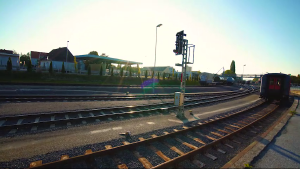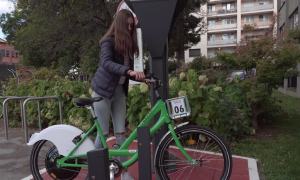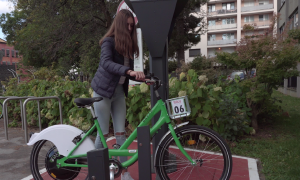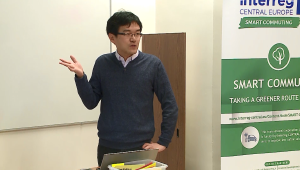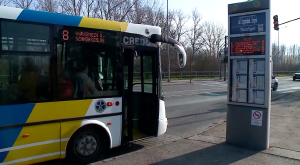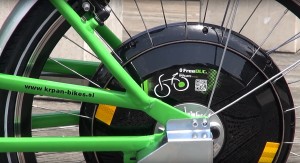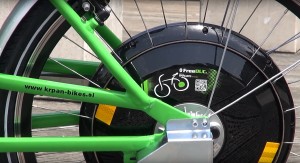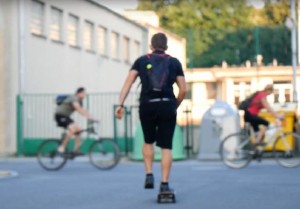SMART COMMUTING
Every day rush hours through congested roads in central Europe result in air pollution, CO2 emissions, noise and accidents. Whether it is urban sprawl, inadequate intermodal systems or poor railway infrastructure this combined with cultural habits and today’s lifestyle has led to high rate of daily commuters still using cars instead of more sustainable means of transport. To change this situation, SMART COMMUTING, that started in June 2017 and ended in May 2021, has fostered a coordination structure at functional urban area level and involved municipalities of surrounding territories and public transport companies.
This coordination structure helped to achieve sustainable planning and more internal coordination. Various joint actions - SWOT analysis, institutional platform at functional urban area level, training and capacity building process, pilot actions - supported the expected change, since consisted in the enhancement of public sector's capacity of sustainable mobility planning, and were combined with some concrete solutions to make central European functional urban areas more liveable, free-carbon and attractive.
Outputs can be downloaded further below in the publication section.
TAKING A GREENER ROUTE TO WORK
In European cities, the daily commute to and from work is a major energy consumer. SMART COMMUTING encouraged coordination between public transport companies, city officials and other stakeholders to develop a holistic approach to planning more energy efficient transportation in urban areas. Training for public sector workers, expert analyses and the creation of institutional platforms supported a better planning of sustainable transport.
OUTPUTS
Project Partners
PROJECT DURATION
01.06.2017
31.05.2020
project NUMBERS
TOTAL BUDGET (M)
PARTNERS
CONTRIES INVOLVED
OUTPUTS
